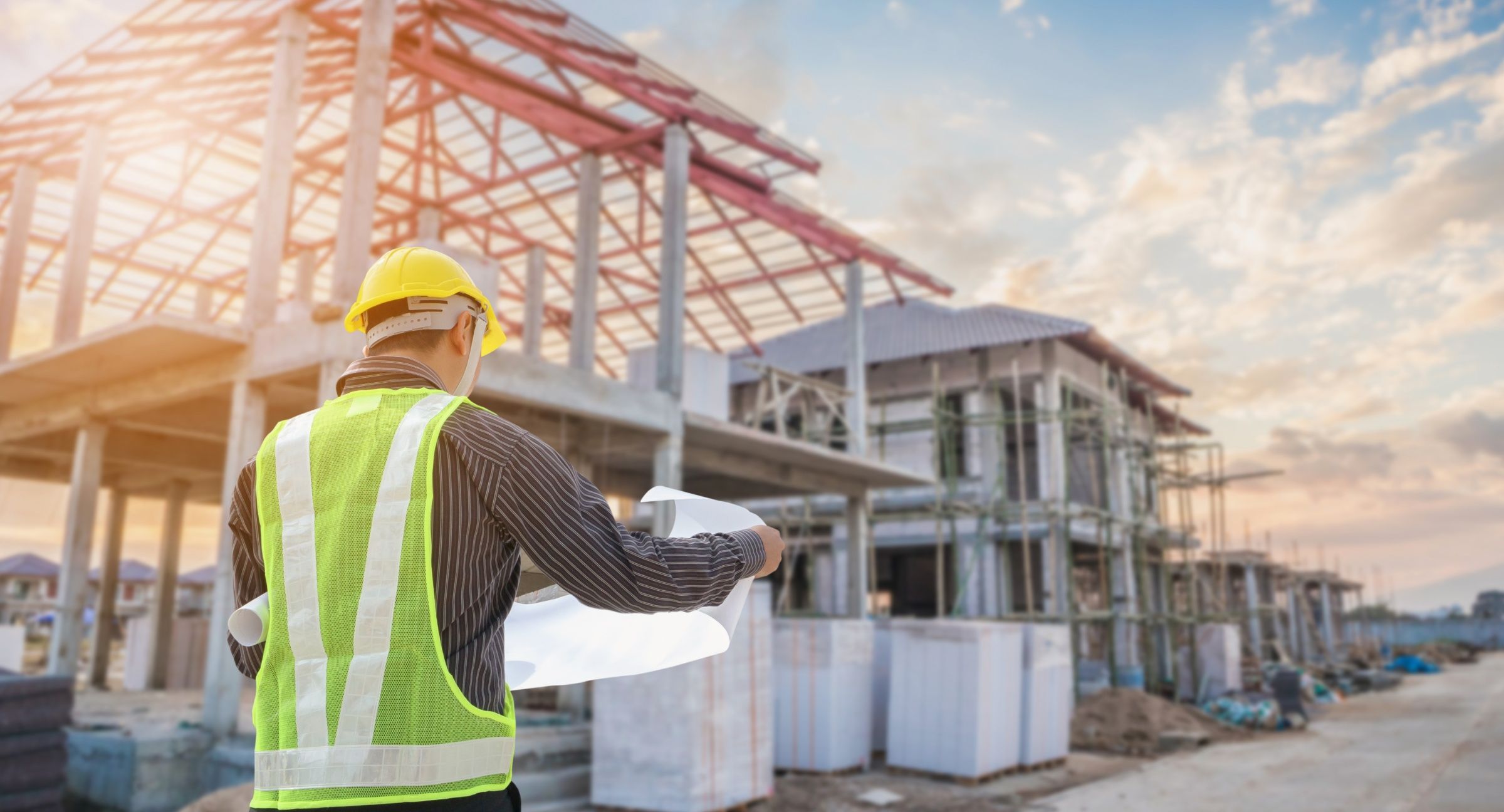Subcontractor Negligence: Does A Builder or General Contractor Owe Homeowners A Nondelegable Duty?

- Construction Law

Buying a newly constructed home or completing an extensive remodel of a home is a big undertaking for potential homeowners and current homeowners alike. Protecting yourself from future issues should be on anyone’s mind when purchasing a newly constructed home or undertaking an extensive remodel. Builders and general contractors utilize multiple subcontractors to complete the workthey were contracted for. But what happens when the subcontractors they hire are negligent in the construction process causing damage to your home? Will the builder be responsible?
Purchasing a new home or contracting for a home remodel is one of the most significant investments in a homeowner’s or potential homeowner’s life. What if the subcontractor can’t pay for their negligence? Will the builder or general contractor be held liable for their subcontractors’ negligence and responsible for paying for their negligence? Do subcontractors owe a duty of care to the homeowners if there is no direct contract between the two?
These are all crucial questions one should be concerned about when deciding whether to buy a newly constructed home or contract with someone for a home remodel when subcontractors are involved. However, Colorado law has yet to completely hashed out the issues related to nondelegable duty in construction defect actions.
What Is A Nondelegable Duty?
Generally, when a party hires an independent contractor, the hiring party is not liable for the independent contractor’s negligence. The nondelegable duty doctrine, however, creates an exception to the independent contractor rule. Essentially, the general contractor assumes the nondelegable duty to perform construction on a project without negligence. The general contractor cannot avoid liability by subcontracting portions of the work it undertook to others – even if those others are “independent contractors”.
The court in Simpson held that “[w]here a general contractor agrees with the owner of property to perform a specific task, he may not, by hiring an independent contractor to perform that task, escape liability for breach of contract for damages sustained by the owner which result from the negligence of the independent contractor.”
Consequently, the nondelegable duty of care imposed upon businesses by the General Assembly imputes vicarious liability to a business for the negligence of its independent contractors. Courts use several factors to determine whether a party is an independent contractor, the key being the degree of control the hiring party exercises over the hired party.
Potential Issues
As stated, Colorado courts still need to reconcile their disagreements regarding the nondelegable duty doctrine related to construction defect cases. However, many courts in Colorado have recognized the nondelegable duty pursuant to Colorado’s Construction Defect Action Reform Act (“CDARA”) and C.R.S. 13-21-111.5(6)(a)(IV), which explicitly imposes a nondelegable duty upon business to perform work with care.
Why Is The Nondelegable Duty Doctrine Good For Colorado Homeowners?
The nondelegable duty doctrine is great for Colorado homeowners because it ensures that a general contractor or builder is on the hook for all damages stemming from a construction project. Essentially, a homeowner would then only be required to bring a lawsuit against the general contractor or builder for all defects rather than having to sue every subcontractor involved in the project. A general contractor or builder would then still be able to bring claims against their subcontractors for defects related to their subcontractors’ defective work.
Essentially, a nondelegable duty ensures that a homeowner will be made as whole as possible and ensures that if a subcontractor is underfunded, the one with the nondelegable duty would be responsible for paying the remainder of what their subcontractors cannot pay.
Conclusion
Ensuring that your rights are protected when purchasing a newly constructed home or undertaking a large home remodel is essential. Should a construction defect arise after your project is complete, it is important to retain someone who knows exactly what they are doing to ensure a full payout from the construction professionals whose work caused defects to your home.
Our construction law experts are here to help review your construction contract and ensure that you are not limiting your rights before the project even begins. Our experts are knowledgeable in ensuring that your construction defect litigation is handled to ensure that all construction professionals whose work caused defects to your property are held accountable for their actions. Contact our office today to schedule a consultation.
This blog is intended to provide general information and, therefore, should not be treated as legal advice. You should contact a qualified attorney for questions about legal issues.
